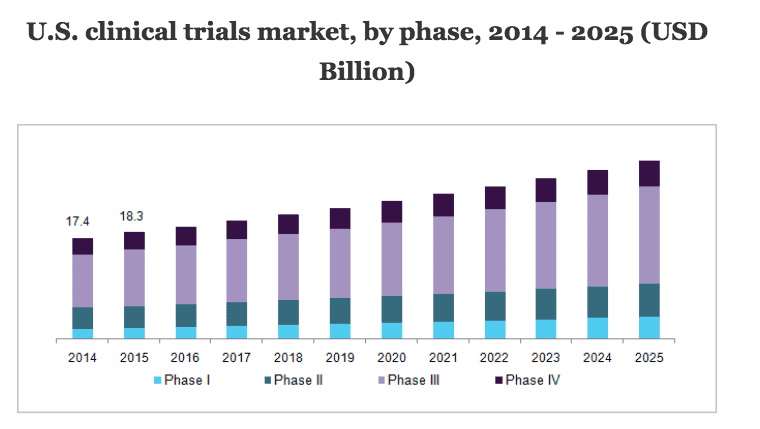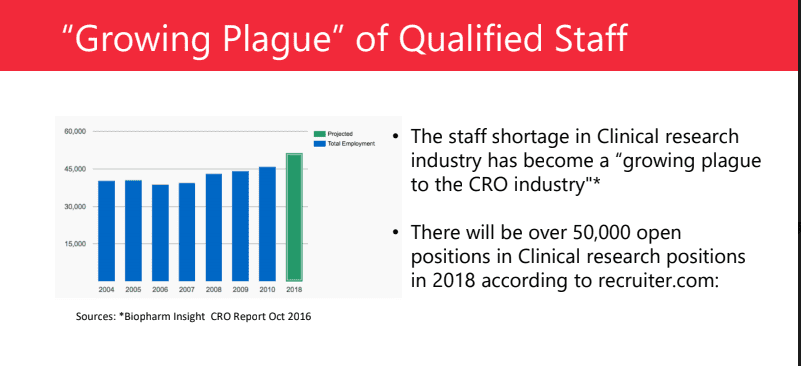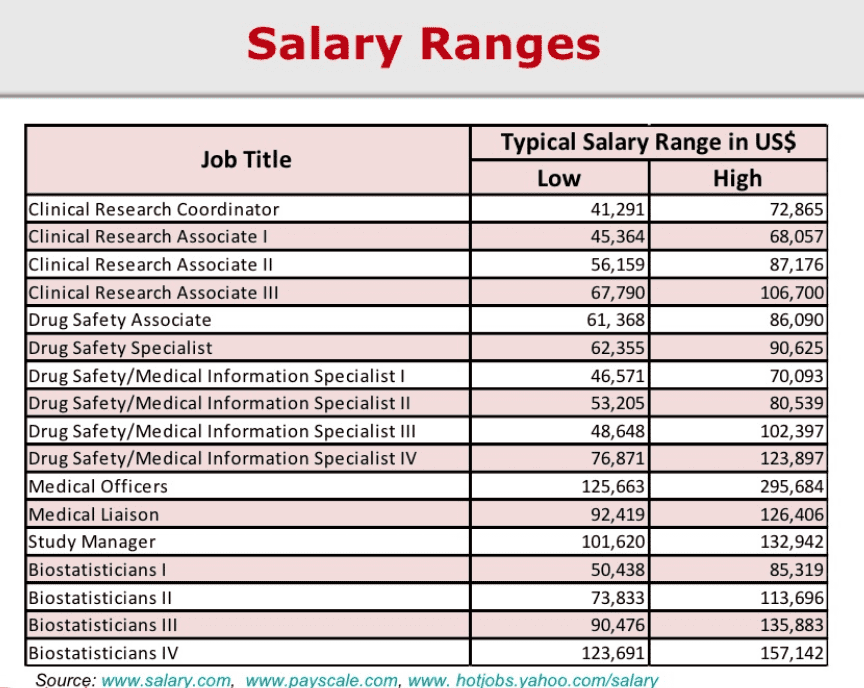The pharmaceutical industry is responsible for bringing in new drugs for the treatment of diseases. For this, it largely depends on clinical studies and trials conducted by clinical research teams that include research associates and other professionals.
A Clinical Research Associate (CRA) runs clinical trials to test the drugs for their effectiveness, risks, and benefits to ensure that they are safe to introduce into the market. They work on trials for existing drugs or new drugs as per the requirement of a pharmaceutical company. CRA could be employed by the pharmaceutical company directly or could be engaged through a Contract Research Organisation (CRO) which works for pharmaceutical companies.
Given the fact that people are going to fall sick, and pharmaceutical industries will have to continue producing life-saving drugs, clinical research is a recession-proof, one of the hottest careers today. Also, as personalised medicine becomes more common, clinical trials will increasingly be needed to make sure drugs and devices work properly.
Industry growth is tremendous
The global clinical trials market was valued at US$40 billion in 2016, and is expected to reach US$65.2 billion by 2025, according to a recent grand view research report. North America dominated the overall market due to big outsourcing firms and increase in R&D, according to the same report.
 Source: Grand View Research, Aug 2017
Source: Grand View Research, Aug 2017
Jobs are increasing
Large increase in clinical trials, couple with shortage of training clinical research professionals result in increasing number of open positions required to be filled at any time. Since there are so many different types of clinical trials, the work environment is dynamic with tasks varying from day to day. CRAs can specialise in a particular subject or therapeutic area, or go for a broad base of knowledge and change specialities. Indeed.com shows over 11,000 open jobs in clinical research and LinkedIn shows over 20,000 jobs.

Pay and Growth are tremendous
Clinical research is an industry where qualified professionals, who have the sound technical skills and reasonably good soft skills can advance their careers with many options available for growth. Not only are there wide variety of employers who will need you, you will also have a competitive advantage if you have the right skills and experience.
 These are just some of the approximate figures we’ve compiled to give you a snapshot of the career prospects. Join us for our upcoming information session on Jobs in Clinical Research to learn more from our faculty members who are industry practitioners to get more valuable insights.
These are just some of the approximate figures we’ve compiled to give you a snapshot of the career prospects. Join us for our upcoming information session on Jobs in Clinical Research to learn more from our faculty members who are industry practitioners to get more valuable insights.



